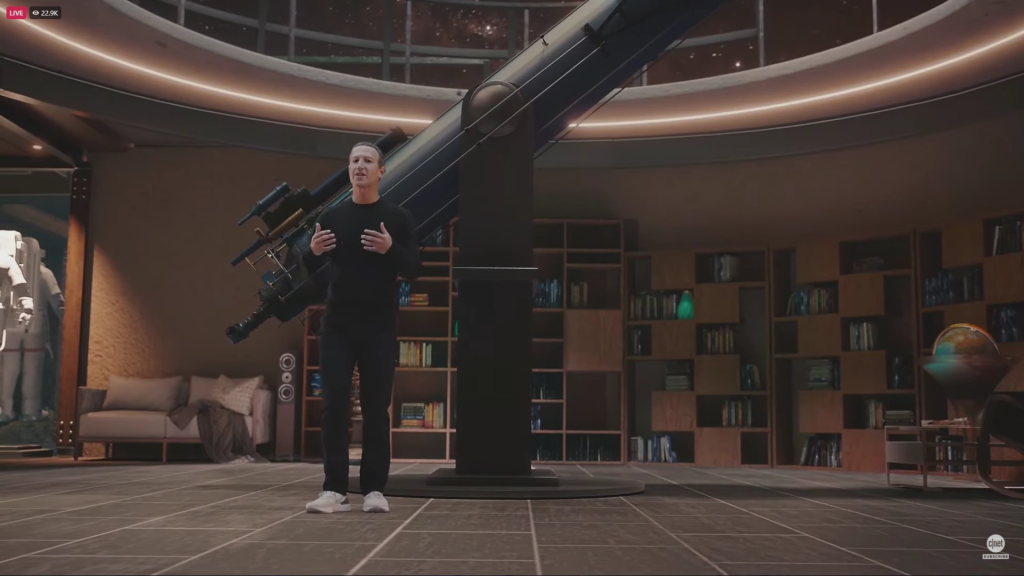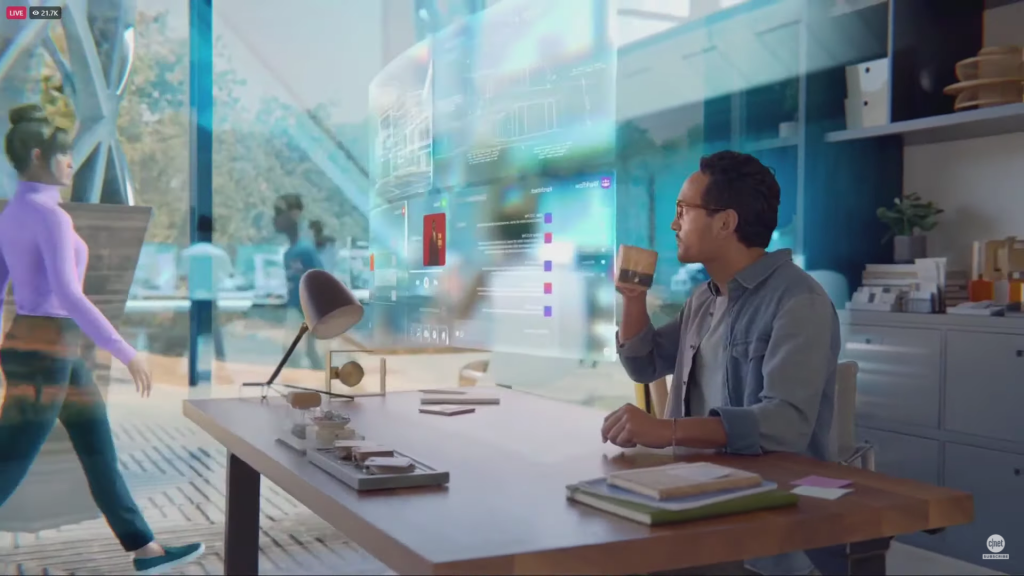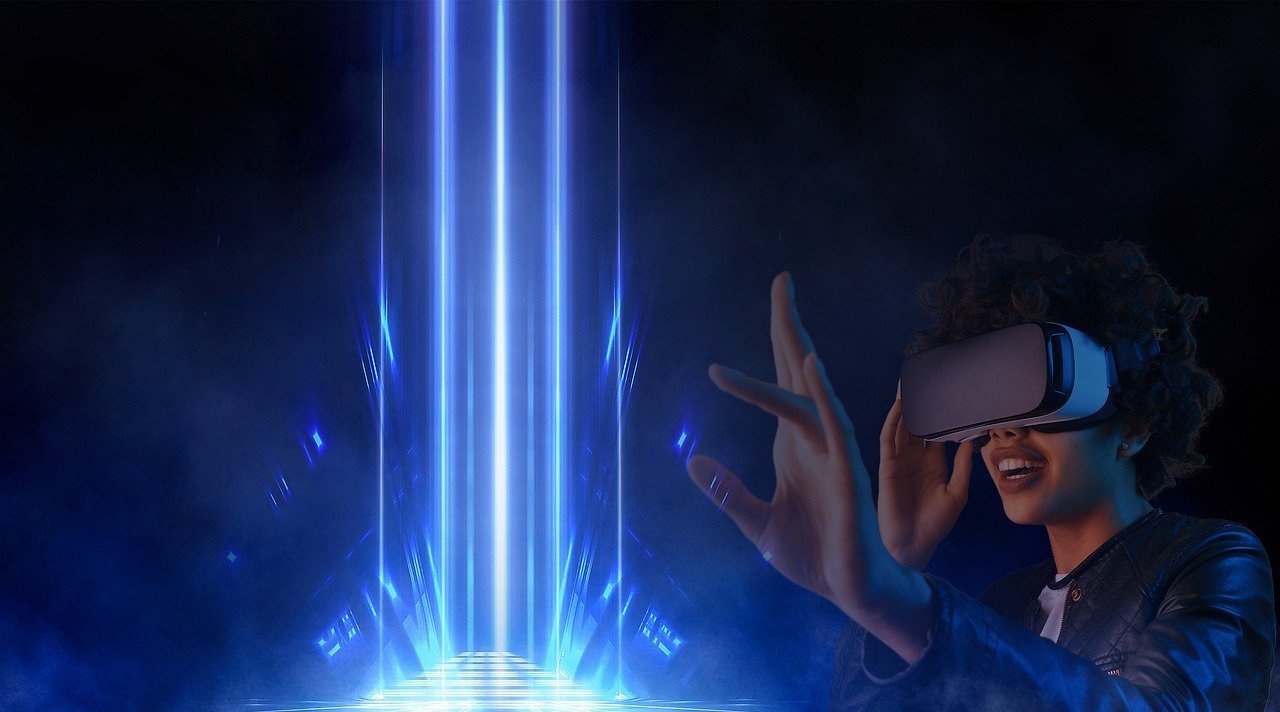With the October 28 announcement in which Facebook’s company name changes to Meta, Zuckerberg officially kicked off the Metaverse project.
An ambitious project that becomes more realistic day by day. But what does this change represent for us users?
Currently? nothing. In the future? It could change our lives.
The Metaverse will create a second world accessible to everyone with endless possibilities and expansions. This second world, Zuckerberg says, will be 3D, will take advantage of VR technologies (in collaboration with Oculus technology), and will have as its main purpose to bring people together, to create social spaces, to be able to attend events such as concerts or exhibitions, to be able to play games, to watch movies together, to store together for stores. It will be a true open world with endless possibilities for development and integration.
Among the first features announced are several areas and technologies in which Meta will specialize:
- NFTs will play a key role within Meta. They will form the basis of this world by allowing you to be able to customize avatars, objects, books, clothes, houses and much more.


- Speaking of houses, one of the main novelties will be the ability to customize Meta’s entrance hub with different models of houses and apartments, with the possibility of creating our own in the future. Inside these houses we will be able to keep paintings, NFTs, videos, movies, books, video games, furniture.
- All objects in reality will be able to be transformed and accessed inside Meta and vice versa. In fact, there will be the possibility of being able to bring objects from the metaverse into the real world in virtual reality mode.

- The working world will have the ability to bring social connections and office environments within this universe, with working Oculus accounts and VR goggles so that you can work remotely without losing social interactions with colleagues and with additional possibilities such as holograms instead of simple video calls and more.

It will also have integrations with Meta’s current apps such as Facebook, Instagram, Whatsapp and Oculus, which will be increasingly integrated with each other in the future.
For those in the know, all these announcements are not such big news, as many other companies have already set foot in this new, unexplored field.
Decentraland is the “pioneer” project, as it is probably the first metaverse to be officially launched with a rapidly growing active user base and several sponsors and events within their metaverse. As mentioned, it is already accessible to everyone and offers an incredible experience that is constantly being updated.
Sandbox, the second largest competitor, is still in development, with large parts of the project already launched, including the NFT marketplace and the creator of them, open to all.
These two of course are the most famous examples and currently further along in development than many others. There are titles that at the moment have only been announced but that on paper could bring great innovations within this sector: Star Atlas and Cornucopias are just some of the other projects being developed in the next few years.
The challenge Meta has set for itself is thus becoming less and less dystopian and closer to reality.
They are currently working on sensory gloves to allow users to be able to literally touch objects within Meta by hand and smart glasses in collaboration with RayBan to make it easier to enter Meta without having to wear bulky VR visors for less demanding actions.
What they want to create is a direct connection between the Meta and reality; by uniting the two worlds, people will have a way to not exclude themselves from reality when they enter the Meta.

